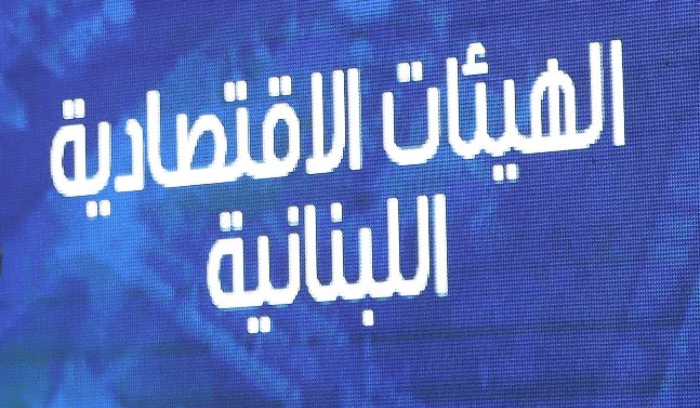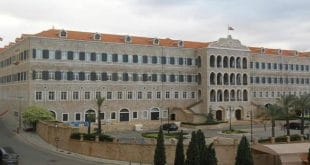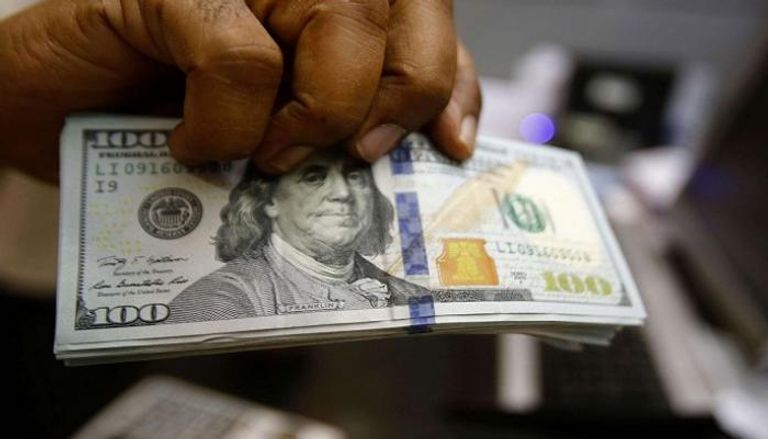الهيئات الاقتصادية تضغط لإيقاف الحرب في لبنان
تتواصل الضغوط التي تمارسها الهيئات الاقتصادية اللبنانية لوقف الحرب المستمرة، حيث تعاني البلاد من خسائر اقتصادية فادحة نتيجة النزاع. ورغم هذه الضغوط، إلا أن الهيئات الاقتصادية تشدد على أنها تفتقر إلى القدرة على تغيير الأوضاع، مشيرة إلى أن قرار إيقاف الحرب ليس بيدها، بل يعود إلى الأوضاع الميدانية.
وأعلنت الهيئات الاقتصادية عن تشكيل لجنة تتكون من أعضائها لوضع خطة طوارئ اقتصادية تهدف إلى تمكين الاقتصاد الوطني والمؤسسات الخاصة من الصمود والحفاظ على العاملين فيها. وأعربت الهيئات عن قلقها العميق إزاء الضغوط الكبيرة التي تتعرض لها المؤسسات الخاصة، والتي تهدد مستقبلها.
وفي بيانها، أكدت الهيئات الاقتصادية على ضرورة إنهاء الحرب في لبنان فورًا من خلال تطبيق القرار 1701، مشيرة إلى أن ذلك مسؤولية الحكومة اللبنانية والمجتمع الدولي، وخاصة الأمم المتحدة ومجلس الأمن الدولي.
ونبهت الهيئات الاقتصادية إلى أن لبنان يواجه مفترق طرق خطير قد يؤثر بشكل عميق على مستقبله، داعية القوى السياسية إلى التعامل بجدية مع الواقع الحالي وعدم الاستخفاف به.
وفي هذا السياق، أشار نقولا شماس، الأمين العام للهيئات الاقتصادية ورئيس جمعية تجار بيروت، إلى أن “المحركات الأربعة التي تحرك الاقتصاد معطلة”، وهي:
-
حركة الاستثمار: حيث يعاني الاقتصاد من تدمير ممنهج للبنية التحتية، مما يعطل الاستثمارات لفترة طويلة حتى بعد انتهاء النزاع.
-
التصدير: الذي سيتراجع بشكل حتمي، خاصةً بعد تقليص الإنتاج في أربع محافظات بسبب الأوضاع الأمنية. بينما تعاني المحافظات الأخرى من صعوبة التنقل والشحن.
-
الإنفاق الحكومي: الذي كان محدودًا في السابق، ومن المتوقع أن يتراجع الإيرادات بسبب الحرب وخوف المواطنين من دفع الضرائب، مما يؤثر على الصرف الحكومي.
-
الاستهلاك: الذي أصبح في “العناية الفائقة”، حيث يعتمد 75% من الاقتصاد على استهلاك متراجع، مما قد يؤدي إلى تقشف مؤسسات ستضطر إلى تقليل الرواتب أو صرف العمال.
وأوضح شماس أن هناك احتمالين أمام الاقتصاد: إما أن تتوقف الحرب وتستمر حركة الإنتاج، أو تستمر الحرب وتؤدي إلى تدمير الاقتصاد.
وتنبه مصادر اقتصادية إلى أنه لا يمكن للاقتصاد الانتعاش طالما أنه يواجه أزمات مستمرة، مستشهدة بالانهيار النقدي والمالي منذ عام 2019، مرورًا بجائحة كورونا وانفجار مرفأ بيروت، وصولًا إلى الحرب المستمرة.
كما أشاروا إلى أن القطاع السياحي، الذي يُعتبر من أسرع القطاعات نموًا بعد كل أزمة، تكبد خسائر تقدر بحوالي 3 مليارات دولار، بعد أن كان يساهم بـ6 مليارات دولار في العام الماضي.
واختتمت المصادر بالقول: “أي قطاع مستقر ويحقق الأرباح في ظل هذه الظروف؟” وأكدت أن هذه الأزمات تهدد مستقبل القطاع الخاص في لبنان.
المصدر: جوزف فرح – الديار
Economic Bodies Pressure to Stop the War in Lebanon
The economic bodies in Lebanon are intensifying their efforts to halt the ongoing war, which has inflicted severe economic losses on the country. Despite their pressure, these bodies emphasize their lack of power to change the situation, asserting that the decision to stop the war lies beyond their reach.
The economic bodies announced the formation of a committee consisting of their members to develop an economic emergency plan aimed at enabling the national economy and private institutions to withstand the crisis and protect their workforce. They expressed deep concern regarding the significant pressures facing private institutions, which threaten their future.
In their statement, the economic bodies stressed the urgent need to end the war in Lebanon immediately by implementing Resolution 1701, highlighting that this responsibility lies with the Lebanese government and the international community, particularly the United Nations and the Security Council.
The economic bodies warned that Lebanon is at a critical crossroads that could profoundly impact its future, urging political forces to address the current reality with seriousness and not to underestimate it.
In this context, Nicolas Chammas, Secretary-General of the economic bodies and President of the Beirut Traders Association, pointed out that “the four engines driving the economy are stalled,” which include:
-
Investment Movement: The economy is suffering from systematic destruction of infrastructure, which will delay investments for a long time, even after the conflict ends.
-
Exports: Expected to decline significantly, particularly after four provinces reduced their agricultural and industrial output due to unsafe areas. Other provinces are also struggling with difficulties in transportation and shipping.
-
Government Spending: Previously minimal, revenue is expected to decline due to the war and citizens' reluctance to pay taxes, resulting in limited government expenditures.
-
Consumption: Which has become critical, as 75% of the economy relies on decreasing consumption. This could lead to austerity measures where institutions may have to cut salaries or lay off workers.
Chammas emphasized that there are two scenarios for the economy: either the war stops, allowing for continued production, or the war continues, leading to economic destruction.
Economic sources confirm that recovery is impossible as long as crises persist, citing the financial and monetary collapse since 2019, the COVID-19 pandemic, the Beirut port explosion, and the ongoing war.
They also noted that the tourism sector, considered the fastest-growing post-crisis, has incurred losses of approximately $3 billion, having previously contributed $6 billion last year.
These sources questioned: “Which sector is stable and making profits under these circumstances?” They warned that these crises could undermine all efforts made by the private sector to salvage what it could from previous crises and threaten its future.
translated by economyscopes team
 سكوبات عالمية إقتصادية – EconomyScopes إجعل موقعنا خيارك ومصدرك الأنسب للأخبار الإقتصادية المحلية والعربية والعالمية على أنواعها بالإضافة الى نشر مجموعة لا بأس بها من فرص العمل في لبنان والشرق الأوسط والعالم
سكوبات عالمية إقتصادية – EconomyScopes إجعل موقعنا خيارك ومصدرك الأنسب للأخبار الإقتصادية المحلية والعربية والعالمية على أنواعها بالإضافة الى نشر مجموعة لا بأس بها من فرص العمل في لبنان والشرق الأوسط والعالم




